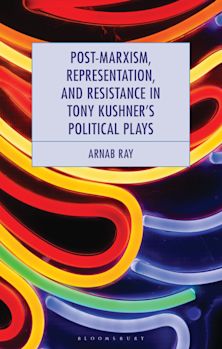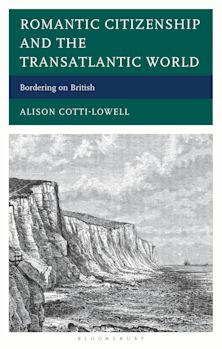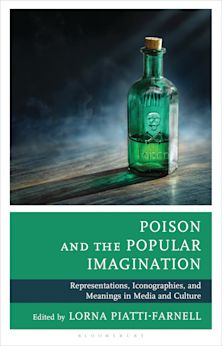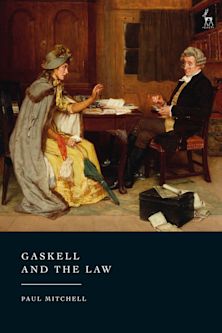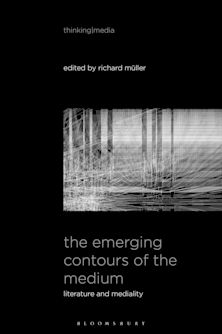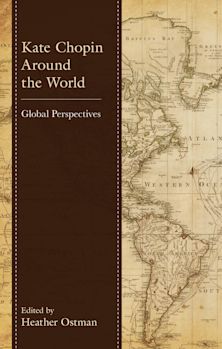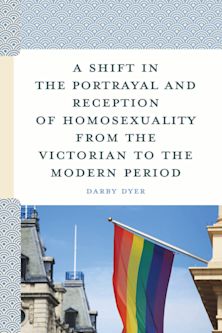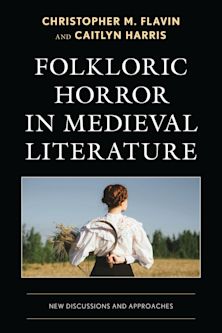- Home
- ACADEMIC
- Literary Studies
- Literary Studies - Other
- Dostoevsky
This product is usually dispatched within 10-14 days
- Delivery and returns info
-
Free UK delivery on orders £30 or over
You must sign in to add this item to your wishlist. Please sign in or create an account
Description
But to counter such work, is a book of the profoundest kind about the nature and purpose of religious belief. Terrorism, child abuse, absent fathers and the fragmentation of the family, the secularisation and the sexualisation of culture, the future of liberal democracy, the clash of cultures and the nature of national identity - so many of the anxieties that we think of as being quintessentially features of the early twenty first century and on, are present in the work of Dostoevsky - in his letters, his journalism and above all in his fiction.
The world we inhabit as readers of his novels is one in which the question of what human beings owe to each other is left painfully and shockingly open and there is no place to stand from which we can construct a clear moral landscape. But the novels of Dostoevsky continually press home what else might be possible if we - characters and readers - saw the world in another light, the light provided by faith. In order to respond to such a challenge the novels invite us to imagine precisely those extremes of failure, suffering and desolation. There is an unresolved tension in Dostoevsky's novels- a tension between believing and not believing in the existence of God. In The Brothers Karamazov, we can all receive Ivan with a terrible kind of delight. Ivan's picture of himself we immediately recognise as self-portrait. The god that is dead for him is dead for us. This Karamazov God of tension and terror is often the only one we are able to find. This extraordinary book will speak to our generation like few others.
Table of Contents
Product details
| Published | 23 Oct 2009 |
|---|---|
| Format | Paperback |
| Edition | 1st |
| Extent | 304 |
| ISBN | 9781441183880 |
| Imprint | Continuum |
| Dimensions | 216 x 138 mm |
| Publisher | Bloomsbury Publishing |
About the contributors
Reviews
-
"The Archbishop of Canterbury has written a book on Dostoevsky which illuminates the real operations of religion in human minds.... We need a guide who combines the gifts of a literary critic and a trained theologian to work out how far the novels of Dostoevsky can be used as vehicles for such explorations. We also need a guide who is deeply versed in the ethos and spiritual traditions of the Russian Orthodox Church to place Dostoevsky, and the tormented exchanges of his characters, within some intelligible historical framework. Luckily the Archbishop of Canterbury combines all these qualities, and more" A. N. Wilson, Times Literary Supplement
-
"Williams takes into account a vast range of critical writing on his subject as well as the work of theologians and philosophers... Anyone who studies this book carefully and is not familiar with Dostoevsky's novels, is likey to go away with a desire to read them" Paul Richardson, Church of England Newspaper, October 2008
-
"Rowan Williams is an excellent literary critic. He makes you want to read, or reread, everything that Dostoevsky wrote. The books that he describes are spacious enough to contain a whole world, and beautiful enough to serve as icons that illuminate ours" Andrew Brown, The Guardian, September 2008
-
"If Rowan williams had been disloyal to his publisher Continuum he could have found one to puiblish this book with out a mass of misprints and minor slips; better still, he would have had the services of an editor to rephrase every paragraph and reconstrucy every chapter:then the blurb this 'book will speak to our generation like few others 'might ring true" Literary Review, 1 February 2009
Donald Rayfield
-
"you should read this book" The Reader, No.34, Summer 2009
John Scrivener
-
"Rowan William's study of Dostoevsky may be an elliptical contribution to the debate. It is also the most penetrating and unsettling...Unlike most other recent books on the lash between faith and modernity, Williams offers no pat answers. But, like the sly Russian master himself, his questions are impossible to shake out of one's head"Mark Thompson, Prospect Magazine, August 2009













